20 Sneaky Snacks That Fool You into Thinking They’re Healthy
Maintaining a healthy diet is more important than ever, but there can be pitfalls even for the most health-conscious. Many foods that seem healthy at first glance can be misleading. Packaged under the guise of ‘low-fat,’ ‘sugar-free,’ or ‘whole grain,’ they may seem like nutritional powerhouses but, in reality, they’re laden with hidden sugars, unhealthy fats, or unnecessary calories.
This article sheds light on 20 deceptive snacks you might have thought were healthy.
Fruit Bars
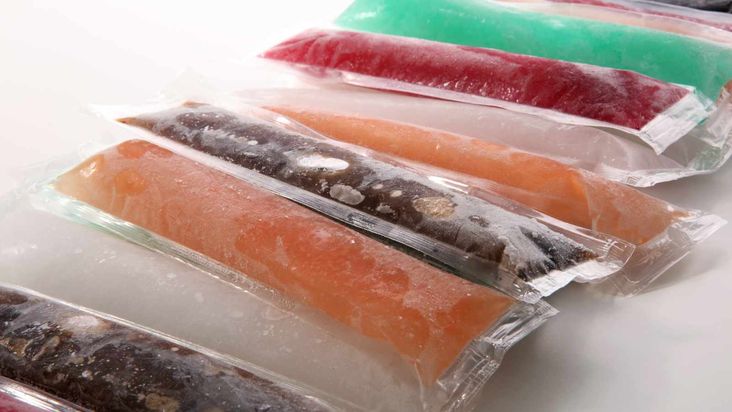
When it comes to adult snacking, fruit bars, especially those made from 100% fruit, seem to be the optimal choice. While they’re certainly healthier than artificially colored fruit snacks from our childhood, it’s essential to remember that they’re still laden with sugar and are often deficient in fiber. Consequently, they may not provide the sustained energy you need.
Bottled Smoothies
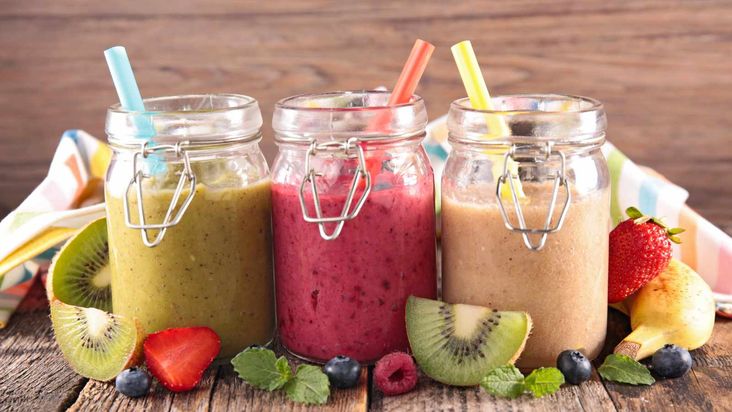
Colorful bottled smoothies from your local grocery store may look enticing, but they seldom offer the balance and nutrition found in homemade blends. In addition to being high in sugar (some contain a staggering 53 grams per bottle), store-bought smoothies are usually deficient in protein and fat, which are necessary for a well-rounded diet.
Granola Bars
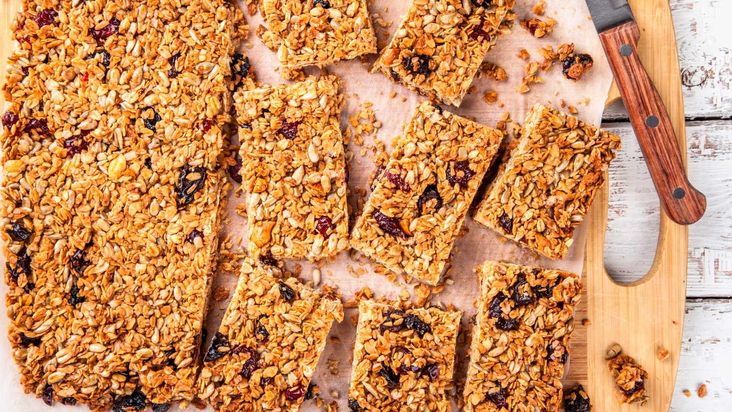
Many snacks masquerading as “granola bars” don’t contain granola and have more calories than a complete meal. These bars, high in sugar, often leave you craving for more, deviating from the concept of healthy food they’re supposed to represent.
Vegan or Paleo Cookies
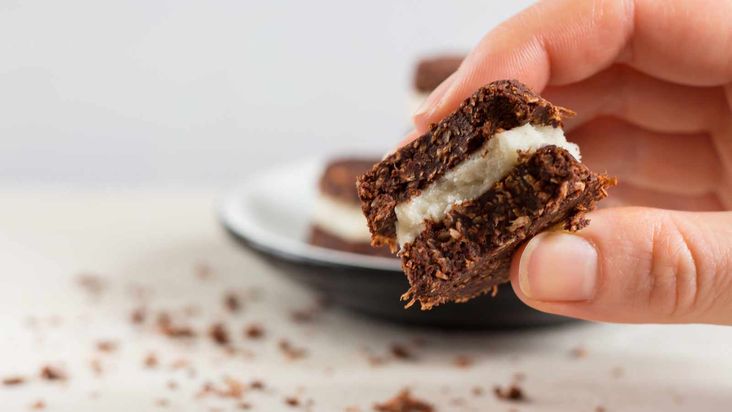
Labels like ‘vegan’ or ‘paleo’ don’t necessarily guarantee a healthy snack. Vegan cookies often contain high sugar and refined carbohydrates, while paleo cookies might be rich in saturated fats from eggs or butter. The “healthy” tag on these products can often be misleading.
Pita Chips
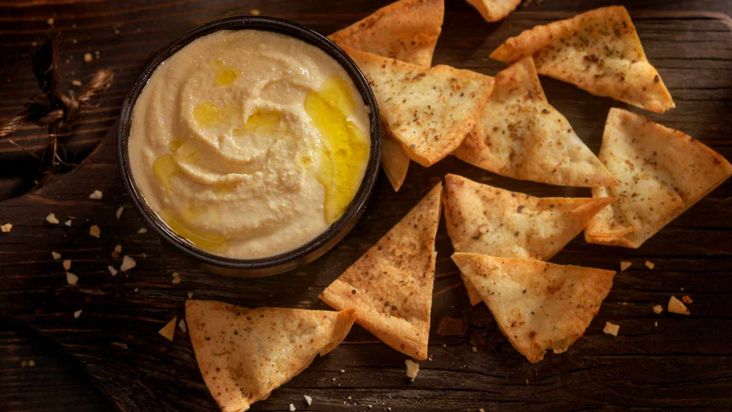
While whole-wheat pita chips aren’t awful, their white counterparts lack fiber and can lead to increased consumption without satisfying your hunger. Pair your pita chips with high-fiber, protein-rich foods like hummus for a more balanced snack.
Store-Bought Trail Mix
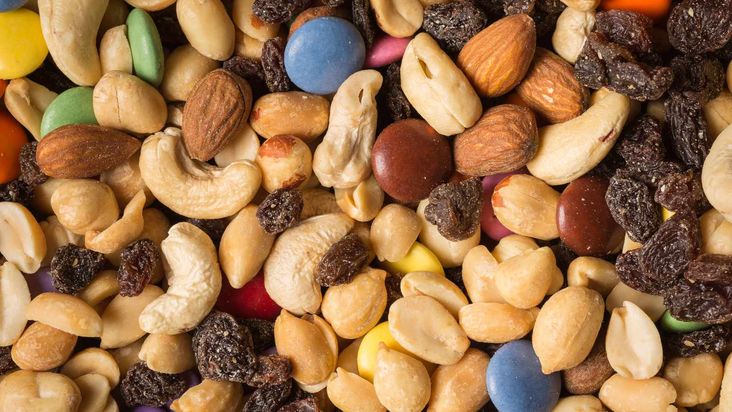
Store-bought trail mixes, even those comprised of standard ingredients like peanuts, raisins, almonds, and M&Ms, can contain an alarming amount of sugar. Though appearing nutritious, they often tilt the balance more towards candy.
Seasoned Nuts
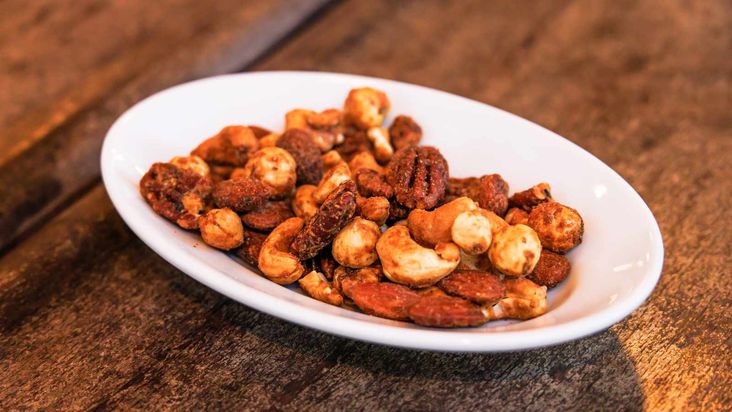
Seasoned nuts can pose another trap. Honey-roasted or sweet-seasoned nuts can hide substantial sugar amounts, while savory flavors are often rich in sodium.
Coated Nuts
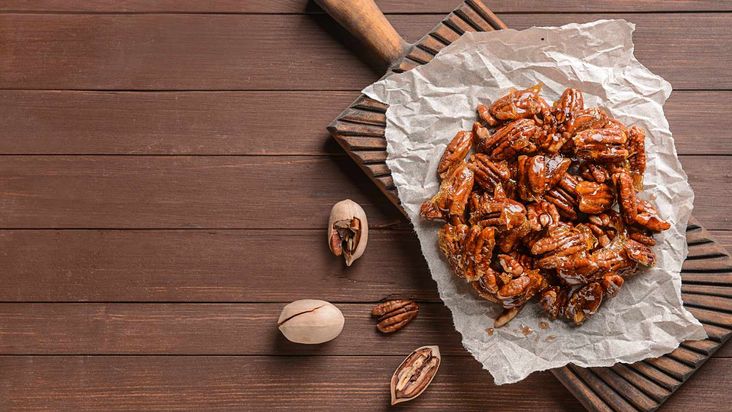
Nuts coated with Greek yogurt or dark chocolate seem healthy due to their protein content. However, the added sugars make them more like candy than a nutritious snack.
Protein Bars
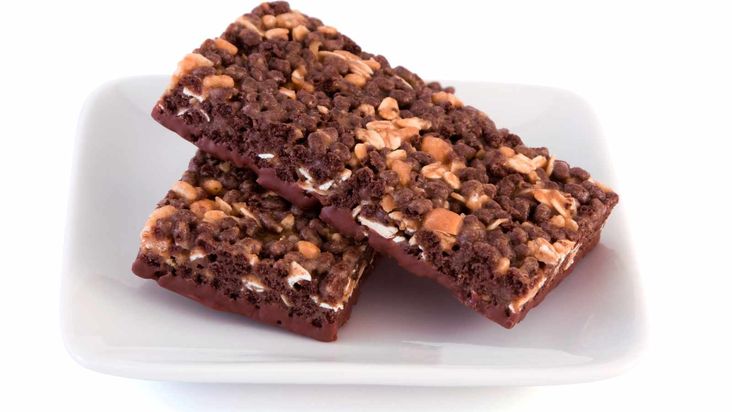
Many protein bars, like granola bars, have a high sugar content hiding behind the promise of muscle-building. Also, watch out for artificial sweeteners that might be lurking in the ingredients list.
Gluten-Free Pretzels
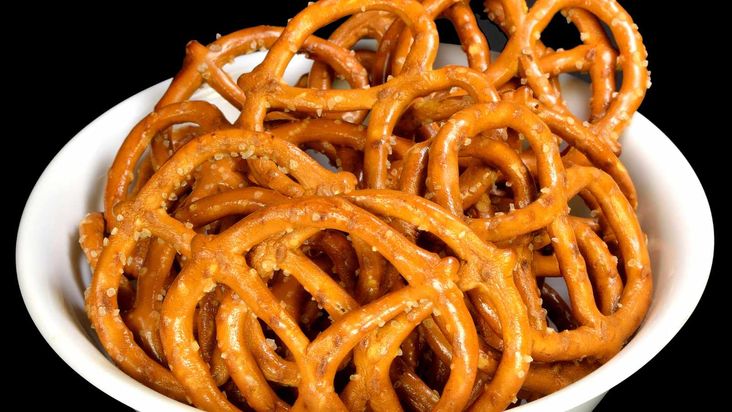
The gluten-free tag doesn’t guarantee nutritional wealth. Most gluten-free pretzels are made from nutrient-poor, low-fiber starches like cassava flour, rice flour, or tapioca flour, offering little nutritional value.
Fat-Free Cheese Sticks
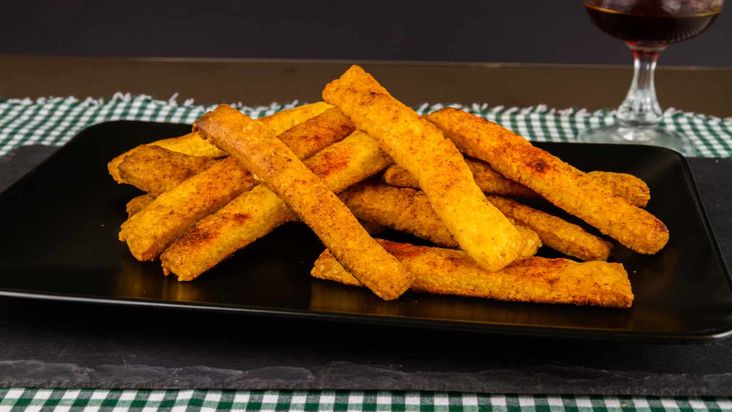
Fat-free cheese sticks lack the fiber necessary for a healthy snack. It’s often recommended to opt for plant-based snacks rich in fiber.
Granola
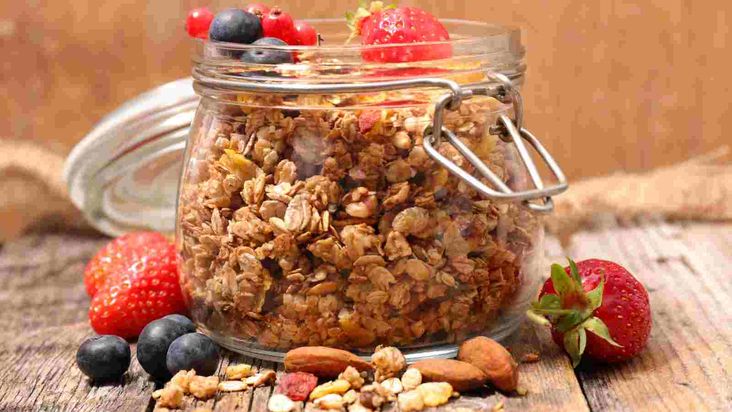
Added sugar is a common trend in many snacks, and granola is no exception. Some brands sneak in more than 11 grams of sugar per serving, making this seemingly wholesome snack less than ideal.
Multi-Grain Chips
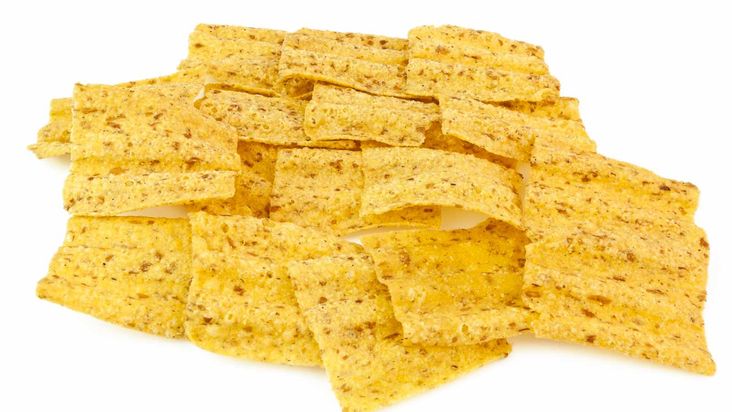
Despite their healthy appearance, multi-grain chips often lack fiber and are primarily made of refined carbohydrates, leading to potential overeating.
Microwavable Popcorn
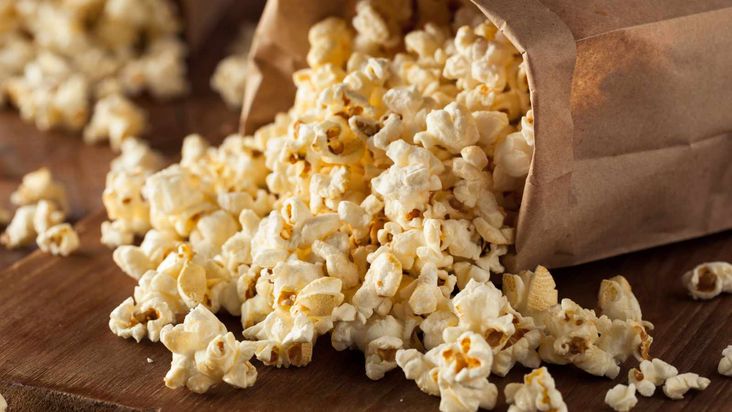
Though popcorn can be a perfectly healthy snack, many microwavable versions still contain harmful trans fats. Always check the ingredients list for “hydrogenated” or “partially hydrogenated” oils.
Dried Fruit
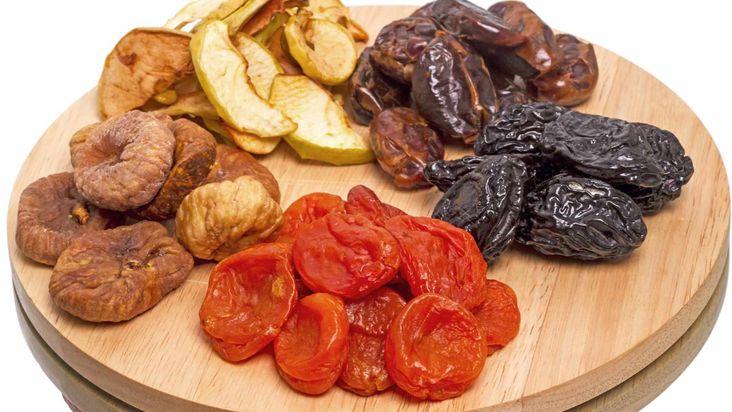
While dried fruit can be a good snack, it’s often easy to consume in excess due to its smaller size and less satiating nature than fresh fruit.
Store-Bought Juices
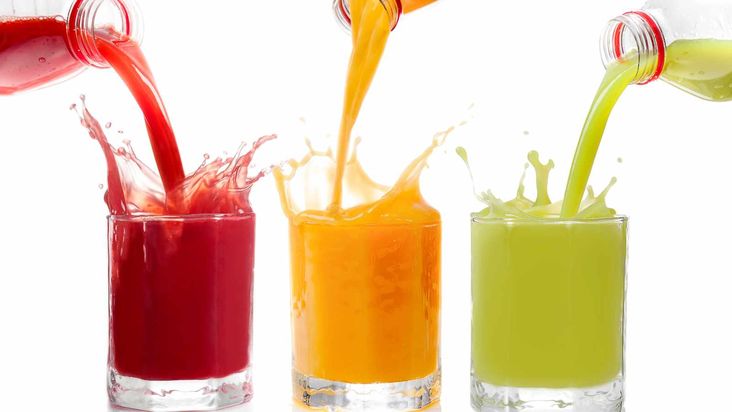
Fruit and veggie juices lack the essential fiber in whole fruits and vegetables, making them less beneficial than their fresh counterparts.
Sugar-Free Candy
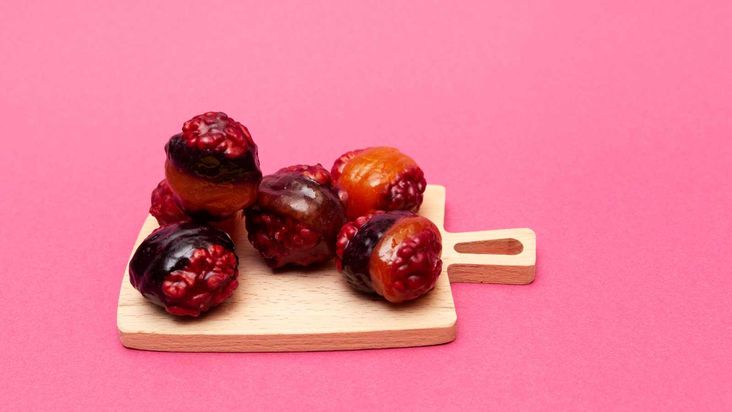
Being lower in sugar doesn’t necessarily make sugar-free candy a healthier option. Some artificial sweeteners can adversely affect gut health, making moderation key even with these ‘guilt-free’ options.
Snack Mixes
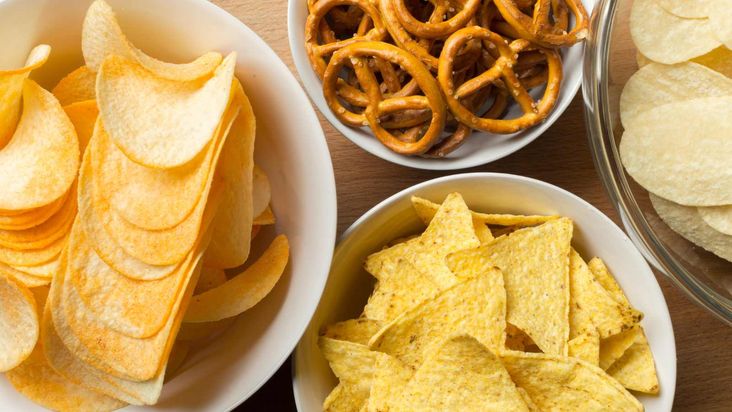
Most packaged snack mixes are low in fiber and often contain excess sodium, making them less satisfying and potentially detrimental to your health.
Bottled Teas

Bottled teas, especially those sweetened, can be as detrimental as sodas due to their high sugar content. Opt for unsweetened or lightly sweetened teas for a healthier choice.
Corn Chips
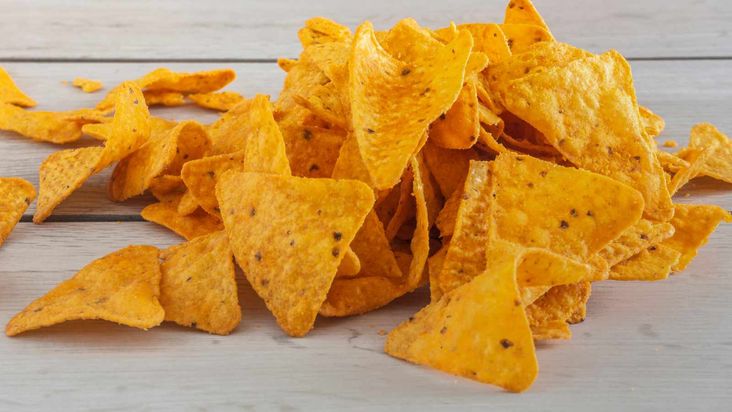
While the gluten-free trend continues, low-fiber, low-protein corn chips are still not satisfying. Their consumption can often lead to overeating.